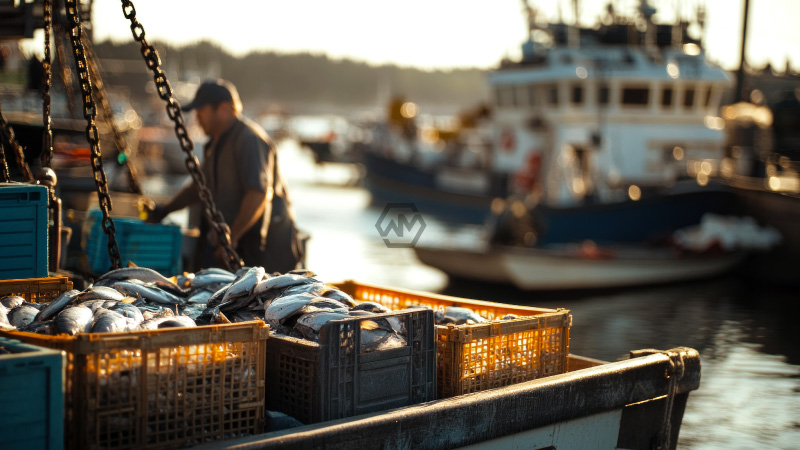- The Clyde fishing fleet has shrunk by 58%, with over 600 fishermen lost since 2016.
- Marine Protected Areas (MPAs) and restrictive visa regulations are major contributing factors.
- Industry leaders call for training, visa reform, and greater support for rural communities.
Over the past eight years, Scotland’s west coast fishing industry has suffered a devastating downturn, with the Clyde fleet losing more than 600 full-time fishermen and over half of its vessels.
Whyte underscores that the situation is made worse by a disconnect between policy and local realities, as both UK and Scottish governments impose overlapping but often conflicting strategies.
Vanishing Vessels: Why Clyde’s Fishing Future Hangs by a Thread
The Clyde’s decline cannot be blamed on environmental policy alone. The real issue lies in how economic sustainability is overlooked when implementing conservation measures. While MPAs are essential for marine biodiversity, they often force fishermen out of traditional grounds without adequate support or alternative plans. This has contributed to a ripple effect—boats dock, employment declines, and communities fragment.
There’s also a generational crisis in recruitment. Young people in coastal areas are hesitant to pursue fishing careers due to the lack of perceived security and modernisation. Without modern vessels, stable income, and long-term career growth, attracting a domestic workforce remains a significant challenge. As Whyte notes, “People won’t come into the industry if there’s no future in it.”
Visa policies remain a sticking point. Many fishing communities rely on skilled migrant labour, but current UK immigration rules make it extremely difficult to hire foreign crew members. Whyte has called for visa concessions in depopulated regions, arguing this could help sustain the industry in the short term while domestic recruitment and training improve.
Despite grim statistics, there are signs of resilience. The upcoming Clyde training hub, in collaboration with the Clyde Fishermen’s Trust, aims to reverse the trend by building local capacity. With experienced leadership and a practical approach to education and employment, it represents a crucial step toward rebuilding the Clyde’s fishing future.
Clyde’s fishing sector is at a crossroads. Without urgent policy reform and support for coastal labour needs, a centuries-old way of life could quietly disappear.
“You can’t rebuild a fleet without people—and people won’t stay if there’s no future.” – Elaine Whyte, Clyde Fishermen’s Association



